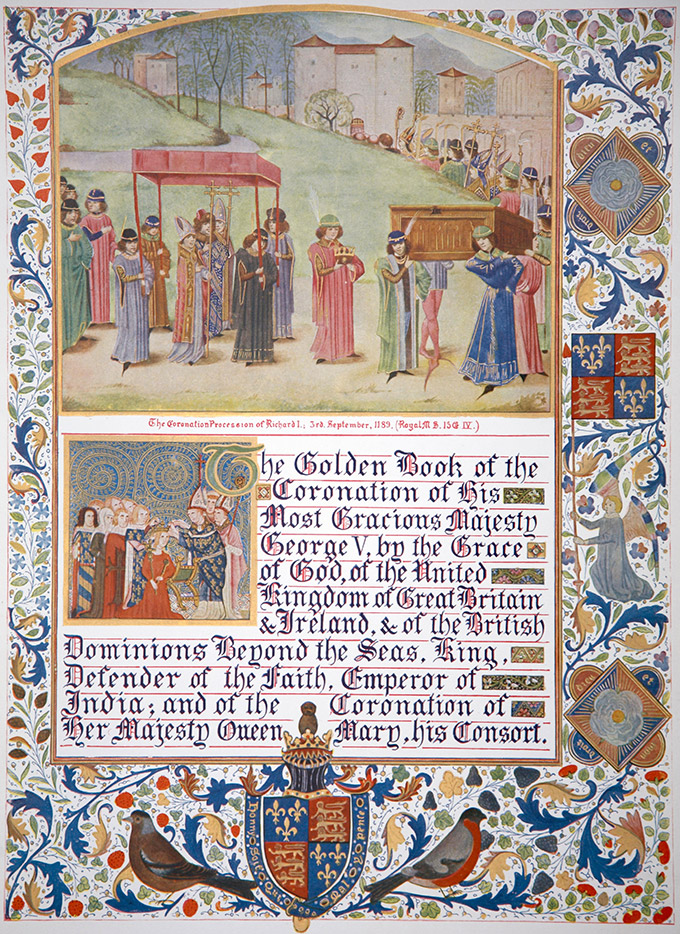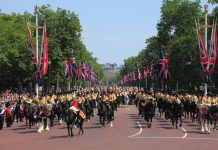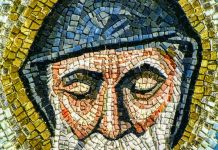
Richard I – also known as Richard the Lionheart – led the Third Crusade and conquered Cyprus. He reigned from 1189-1199
King Henry II’s third son was known as Richard the Lionheart in recognition of his military prowess and authoritative leadership. It might seem as if he was the embodiment of the bulldog spirit, a dyed-in-the-wool patriot with a deep love of his country. But the truth was very different.
Born in Oxford in 1157, Richard visited Normandy as a young boy and spent most of his adult life in the south of France. He reportedly spoke little or no English and, during his entire decade-long reign as king of England, spent fewer than six months in the country. Even his loyalty to his own father was questionable.
Revolts and rebellions
His first major revolt against his father took place in 1173, as his decision to bequeath three castles to his youngest son John was contested by an alliance lead by Richard, his mother Eleanor of Aquitaine and his other two brothers. Eighteen months of skirmishes followed across England, Scotland and France (by marrying Eleanor, Henry gained control of a wealthy portion of southwest France) before a truce was called. Further rebellions occurred. Richard became next in line after the death of his eldest brother Henry in 1183.

When Richard ascended the throne, he was preoccupied with the Crusades, a long-running series of religious wars. The Crusades had began in 1095 with Christian fighters trying to take Jerusalem and other territories in the Mediterranean and Middle East from Islamic rule. He spent the first months of his reign raising funds for a third Crusade. He set sail from Dartmouth in the April of 1190.
Victory over Cyprus
After stops in France and Italy, a storm hit the fleet near Sicily and a treasure bounty was seized from a ship by Cypriots. This prompted Richard to dock at Limassol and conquer the island of Cyprus. He was less successful in his attempts to take control of Jerusalem from Saladin, the Egyptian sultan. Richard disagreed with French allies about the best plan of attack. The divided forces were beaten back to the coast.
When Richard returned to England, the Duke of Austria captured him and held him to ransom. A second coronation followed, but the Lionheart soon returned to the continent. A young crossbowman shot him during battle in France, and the wound became infected. He died on 6 April 1199, aged 41.
Key dates
- 1191 – The monks of Glastonbury Abbey claim to have discovered King Arthur’s tomb
- 1196 – The Treaty of Louviers establishes peace temporarily between England and France





 © 2024
© 2024